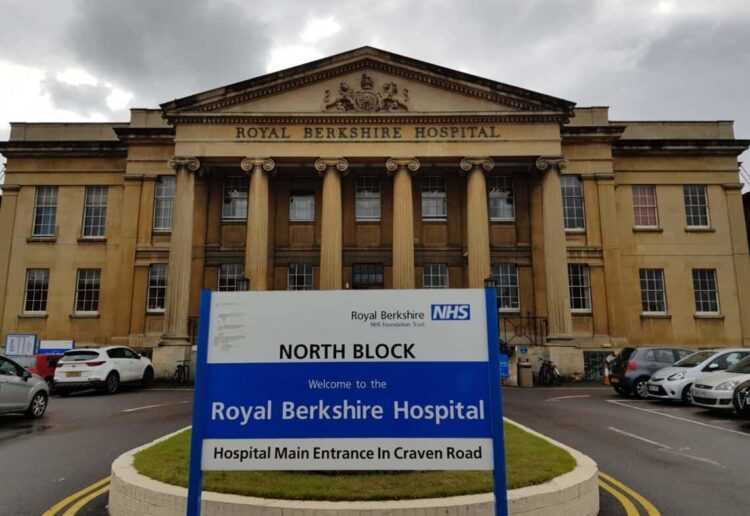THE ROYAL Berkshire NHS Foundation has paid out over £10m in misdiagnosis claims in the past five years, figures have shown.
Freedom of Information requests lodged by Medical Negligence Assist have shown that patients have lodged 44 claims of misdiagnosis since 2019, of which 30 were settled.
These settlements represented a total payout of £10,101,427 by the trust.
When healthcare professionals fail to diagnose an illness or injury correctly, patients can endure painful and potentially fatal consequences due to not receiving the right medical care and treatment.
A person affected by misdiagnosis can, in some cases, make a medical negligence claim against the NHS.
While misdiagnosis claims spiked in 2022/2023, reaching 14, these dropped to 11 in 2023/2024.
The reasons for misdiagnosis naturally vary from case to case, but NHS Resolution highlights two consistent failings across England, one of which is diagnostic errors, particularly early incorrect diagnoses of soft-tissue injuries.
The second is issues with requests for imaging, reporting, interpretation, and follow-up, including failure to complete further imaging, such as CT or MRI, as indicated in national guidance.
In 2023, the British Medical Journal (BMJ) conducted a study which found that around 1 in 18 patients in primary and secondary care are affected by misdiagnosis.
The BMJ also found that misdiagnosed cancers, strokes, and heart attacks were among the most serious cases, often leading to life-altering consequences or death.
Gareth Lloyd, medical negligence solicitor for JF Law (which owns the Medical Negligence Assist brand), said: “Misdiagnosis is an all-embracing clinical negligence case type and covers a wide range of clinical situations from the simple diagnosis of a fracture to potentially fatal cancer diagnoses.
“These cases can be a matter of life and death, and whether someone lives or dies will be determined by the success of the diagnosis.
“Misdiagnosis can have a huge impact on people’s lives. A common case of misdiagnosis is a scaphoid fracture, where typically someone uses their hands to break a fall.
“I’ve had a specific case in the past whereby a man in his early twenties suffered a fractured scaphoid that was initially diagnosed as a sprained wrist.
“As it went undiagnosed for a number of months, the client ended up having a fixation of his wrist, resulting in him not being able to use the hand and, as a consequence, has not been able to continue with his job.”
Medical Negligence Assist offers support to patients who may have suffered harm as a result of a misdiagnosis and can see if they have grounds to submit a claim.
More information about Medical Negligence Assist is available via: medicalnegligenceassist.co.uk
























